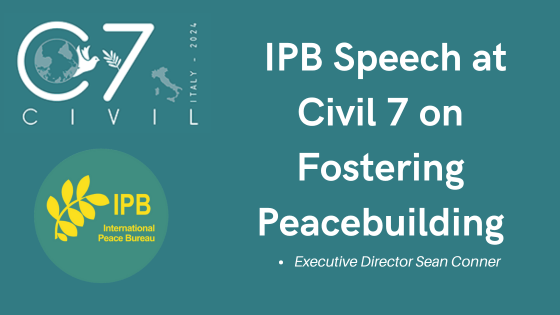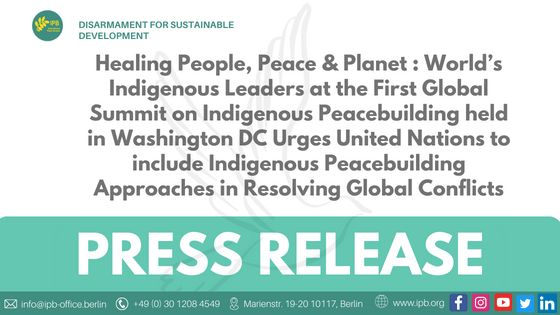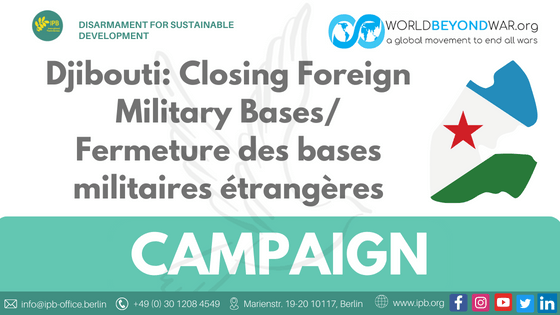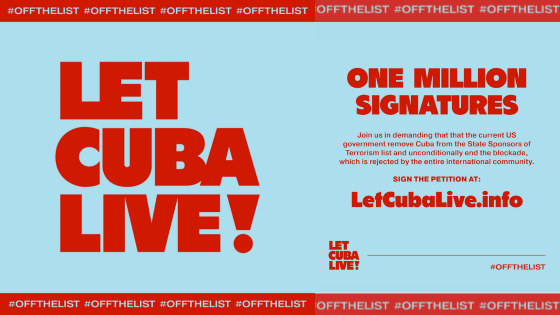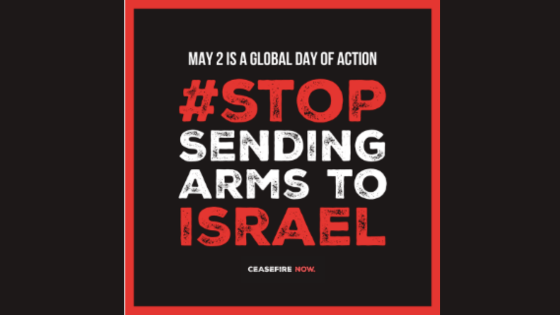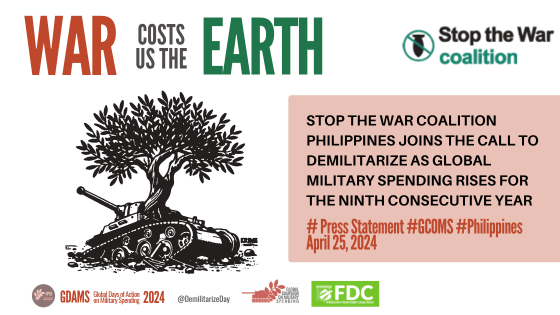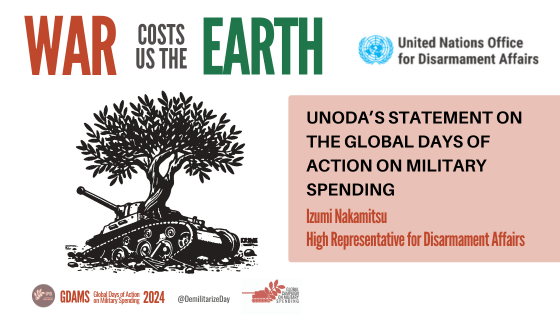PRESS STATEMENT
APRIL 25, 2024
References: Dj Janier (09336412694), Mercy Angeles (09063677594)
Stop the War Coalition Philippines joins the call to demilitarize as global military spending rises for the ninth consecutive year
Wars and military conflicts devastate entire portions of the planet. According to SIPRI estimates, global military spending climbed by 19% between 2013 and 2022 and has risen annually since 2015. Particularly for 2023, for the ninth year in a row, there has been a 6.8 percent increase in spending in real terms from 2022, with the world spending roughly $2443 billion US dollars. This is apparent in all five regions, with considerable rises in Europe, Asia, Oceania, and the Middle East.
For the Philippines, military spending has been steadily on the rise in recent years with the latest figures showing that we spent USD 3.965 Million or around 35 dollars per capita (source: demilitarize.org). Around 500 million USD in Foreign Military Financing from the United States is earmarked for the country. This is part of the 8 billion USD emergency aid package for Indo-Pacific allies under the Indo-Pacific Supplemental Appropriations Act that was approved by the United States House of Representatives. This in turn was part of an even bigger 95B USD package that will send aid to other US allies like Israel and Ukraine.
Continue reading “Stop the War Coalition -Philippines Statement on Global Military Spending”


